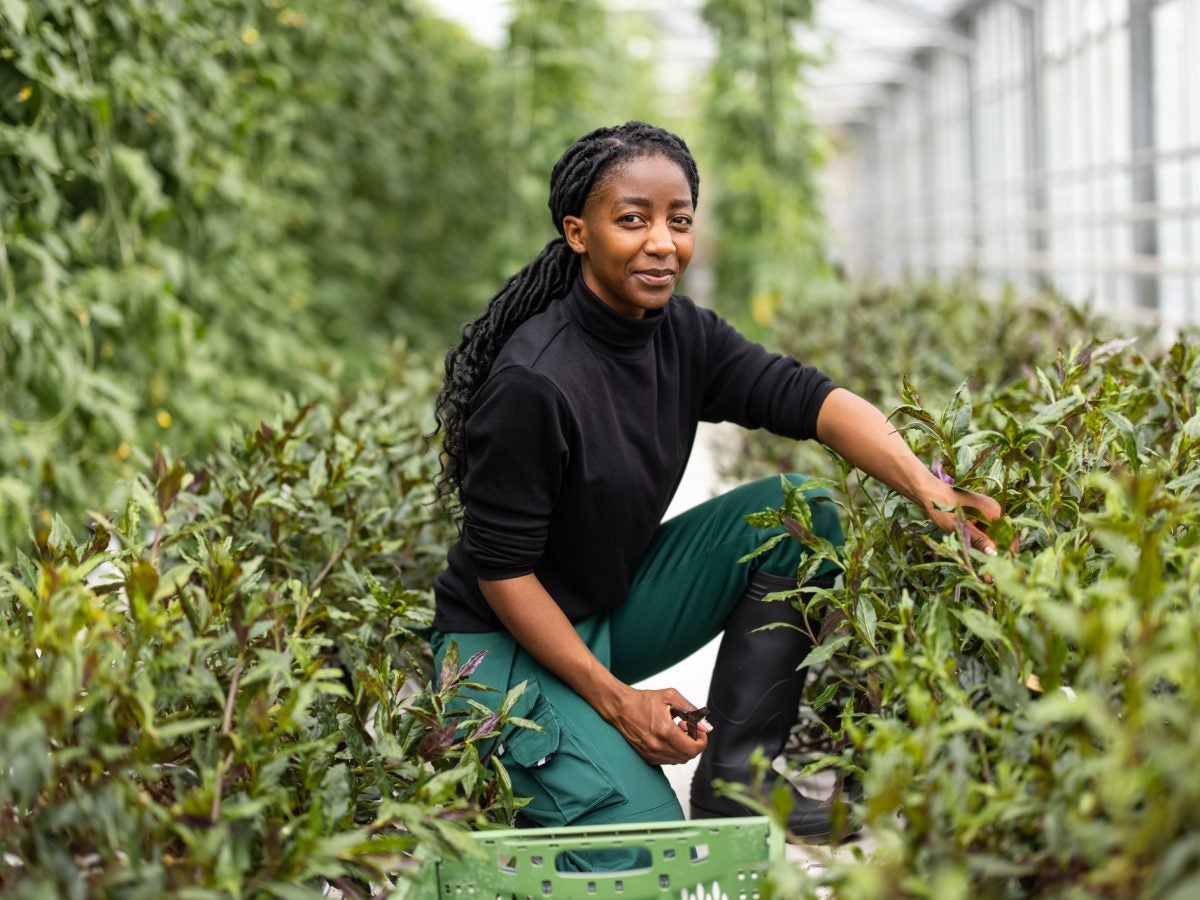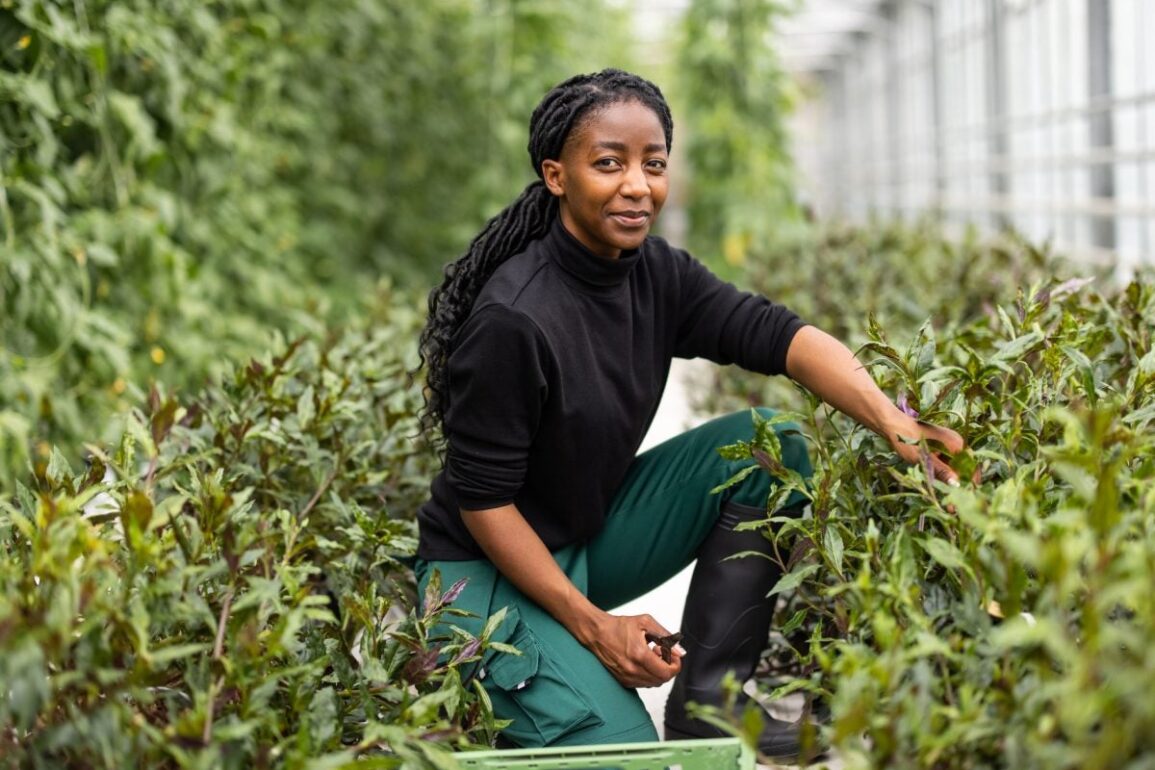
For far too long, Black farmers and food entrepreneurs have been systematically excluded from the financial resources and opportunities necessary to thrive in agriculture.
Decades of discriminatory policies, predatory lending, and lack of access to capital have left Black farmers fighting an uphill battle. Despite making up only 1.4% of the country’s farmers, Black farmers are reclaiming their space in the agricultural landscape. Now, the The Black Farmer Fund (BFF) is offering a path forward with a $2 million investment in Black-owned food and agriculture businesses, a major step toward building a more equitable food system.
The Black Farmer Fund, co-founded by Olivia Watkins and Karen Washington, is more than a financial resource. It’s a community-led initiative that places the power back into the hands of Black farmers and food entrepreneurs. Unlike traditional financial institutions, which often place profit over people, BFF is driven by the belief that community and justice come first. This $2 million investment is just one piece of their larger vision—a vision rooted in sustainability, economic justice, and food sovereignty.
Historically, Black farmers have faced significant hurdles when trying to secure loans and other forms of financing. According to the USDA, in the early 20th century, 14% of all farms in the U.S. were owned by Black farmers. Today, that number has plummeted to less than 1%. Organizations like the Black Farmer Fund are not only addressing this racial disparity but also working to ensure the future of Black agriculture through investments that build resilience in Black-owned farms.
The $2 million investment will support businesses that are shaping the future of Black food systems—from regenerative agriculture to innovative food production. These funds will help Black farmers and food entrepreneurs not only grow their businesses but also build long-term wealth within their communities. BFF’s goal of raising $20 million ensures that this is just the beginning. With more investments on the horizon, Black-owned farms and food businesses are set to become key players in the push for sustainable and equitable food systems across the country.
By reclaiming their land, their businesses, and their legacies, Black farmers will not only be able to plant seeds of change, but instead grow a revolution.


